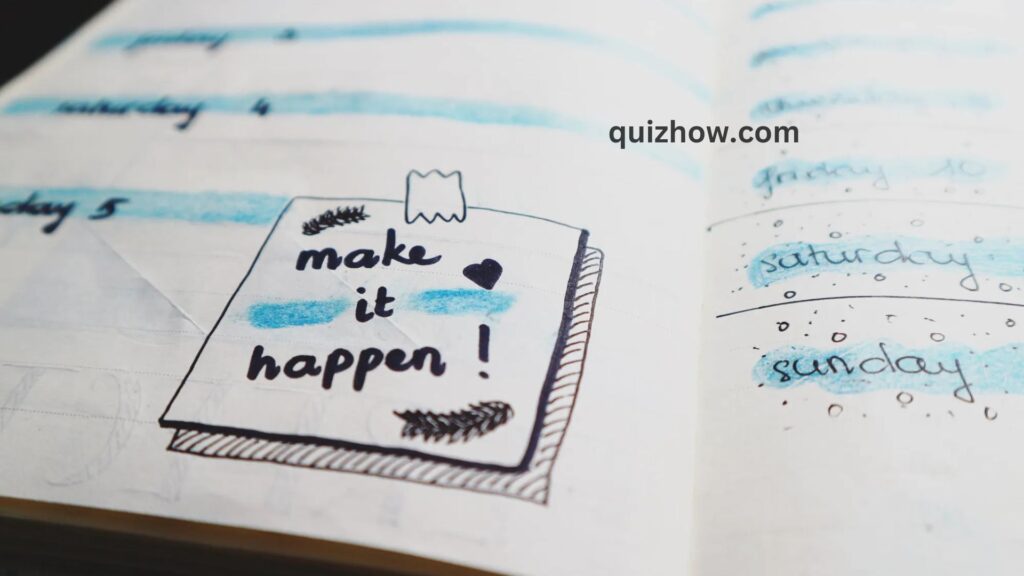Journaling is a powerful way to reflect, clear your mind, and grow personally. Writing things down helps you connect with your thoughts on a deeper level, and whether you’re trying to reduce stress, organize your mind, or boost creativity, journaling can easily become a daily habit that nurtures both your mind and soul.
In this guide, you’ll find five simple ways to start journaling that can make a real difference in your life.
Why is Journaling Powerful?
Journaling might seem straightforward, but it has a big impact. Writing regularly helps you process emotions, clear mental clutter, and understand yourself better. It’s more than just recording your day; it’s a helpful tool for your mental health. Studies show that journaling can reduce stress, improve focus, and build emotional strength.

By journaling consistently, you create a space to reflect on experiences, recognize thought patterns, and clarify your goals. In short, journaling helps you live mindfully and with purpose.
Benefits of a Daily Journaling Habit
Before we dive into the “how,” here’s why journaling is so beneficial:
- Mental clarity: Journaling untangles complex thoughts, helping you see problems more clearly.
- Stress relief: Writing things out lets you release worries and tension.
- Creativity boost: Free-flowing writing can spark creative ideas and solutions.
- Emotional healing: Journaling is a safe outlet for processing tough emotions.
- Goal setting and tracking: It’s a great way to set goals and track your progress, keeping you motivated.
5 Easy Ways to Start Journaling Daily

1. Gratitude Journaling
Gratitude journaling is a simple, uplifting way to get started. Each day, write down three things you’re thankful for. They could be big events or small moments. This habit helps shift your focus toward what’s going well in your life, bringing more happiness and positivity over time.
How to start:
- Keep a notebook nearby.
- Each morning or evening, jot down three things you’re grateful for.
- Be specific! Instead of “I’m grateful for my family,” write about a special moment you had with them that day.
2. Free Writing (Stream of Consciousness)
Free writing is all about letting your thoughts flow without judging or editing. Just write whatever comes to mind for a set time. This is great for emotional release and understanding your deeper thoughts.
How to start:
- Set a timer for 10-15 minutes.
- Without considering syntax or organization, write continuously.
- Let your thoughts flow naturally and keep going until the timer ends.
3. Use Journal Prompts
If you’re not sure what to write, prompts can help. They’re questions or statements that guide you to reflect. You can find prompts on personal growth, self-reflection, and more.
How to start:
- Pick a prompt that speaks to you.
- Spend 10-15 minutes writing your response.
- Use new prompts each day or revisit old ones to see how your thoughts evolve.
4. Morning Pages
Morning pages, popularized by Julia Cameron in The Artist’s Way, are three pages of unfiltered writing you do first thing in the morning. This clears mental clutter and helps you start the day feeling more focused.
How to start:
- In the morning, sit down with your journal.
- Write three pages without editing or overthinking.
- Don’t worry about what it looks like—just let your thoughts flow.

5. Set an Intention or Goal for the Day
Writing down a daily intention or goal is a productive way to use journaling. Simple statements like “I’ll prioritize my health by taking a 30-minute walk” or “I intend to stay patient today” might be used as examples.
How to start:
- Each morning, write a realistic goal or intention.
- Be specific.
- At the end of the day, reflect on how it went.
Also Read: Beginner’s Guide to Emotional Intelligence
The Power of Journaling
Journaling’s strength lies in its ability to serve many purposes, from emotional release to goal-setting. By committing to a regular practice, you’ll see improvements in mental health, creativity, and focus.
The best part is its flexibility—you can fit it to your needs and lifestyle. Whether you journal in the morning with your coffee, before bed, or whenever you feel like it, consistency is key to reaping the benefits.

Discover more from QuizHow
Subscribe to get the latest posts sent to your email.

